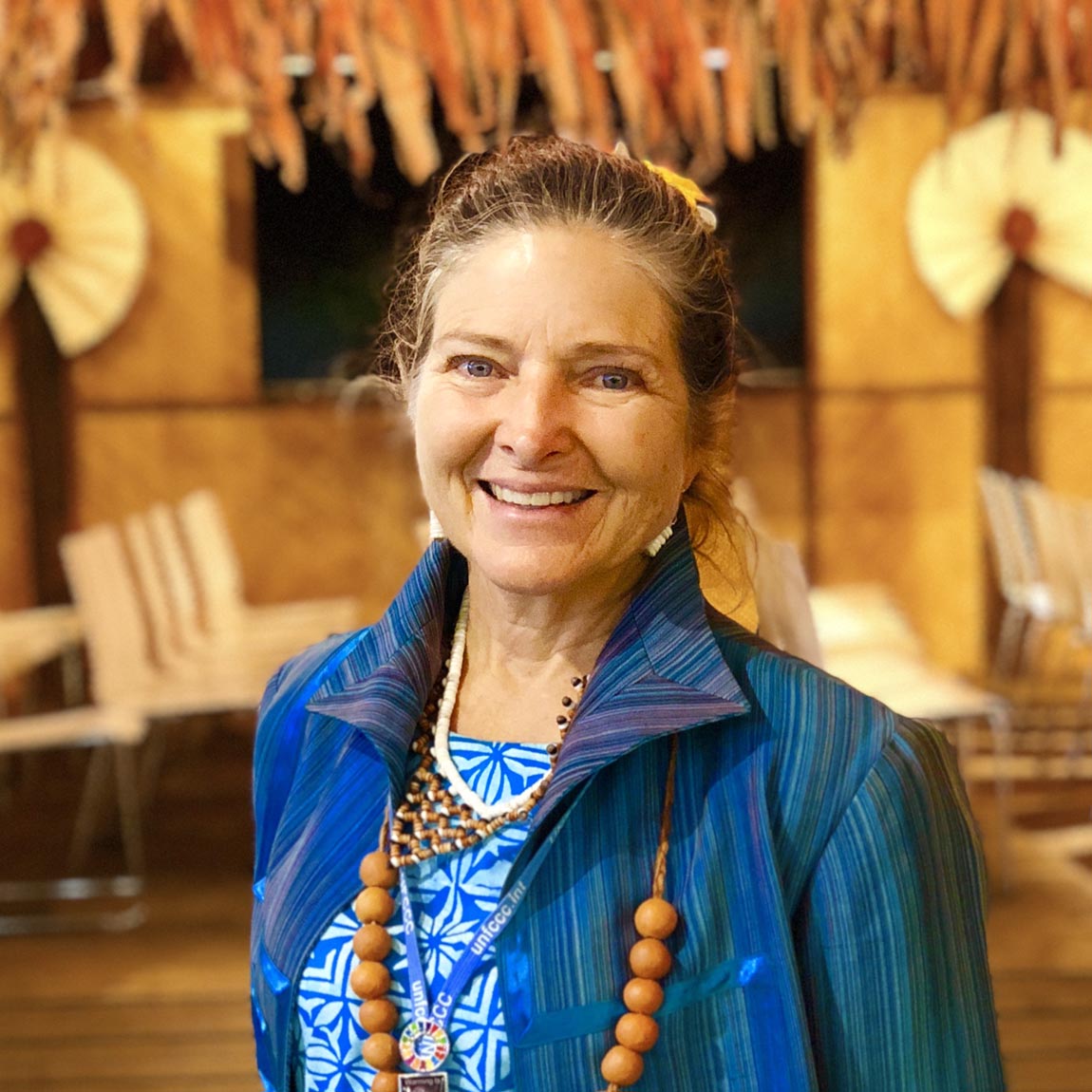I grew up in New Mexico where I learned to ski and love nature. The desert and mountain tops fostered my love of wide-open spaces. From the NM deserts, I went to the Colorado mountains via Pennsylvania and Chile, but that is another story. In Colorado, I studied, microbes, soils, prairie dogs and bison to understand carbon and nitrogen flows. I earned my PhD in Environmental Science focusing on Grassland Ecology and then studied the California grasslands as a post-doctoral fellow at Stanford University.
As I was finishing my doctoral studies, I took a mountain walk with Paul Crutzen, who won the Nobel Prize for Chemistry for his discovery of the ozone hole. His questions provoked my thinking about systems and an endless curiosity about how to fit the science pieces together. My life changed when I become a mother. I realized that I needed to think about future generations.
Like many of us, I learn by doing. Studying atmospheric science, I learned to fly gliders: chasing eagles, cloud canyons and updrafts coming off of mountaintops. I am Lead Author on the Intergovernmental Panel on Climate Change (IPCC) Special Report on Oceans and the Cryosphere in a Changing Climate and co-recipient of the 2007 Nobel Peace Prize for my authorship on 5 IPCC report cycles. I have represented Fiji, the Federated States of Micronesia, German, Solomon Islands, Tuvalu and the US governments in the IPCC and UNFCCC processes.
Now that I live near the sea, I swim, paddle and live the ocean’s moods and tides. The Ocean’s, beauty is my inspiration.
Gaining knowledge is easier than translating it into policy and action. Diplomacy, like the private sector requires an ability to listen, innovate, negotiatie and work together. In the Pacific, I work in communities of practice, on teams that learn by doing, by working collectively, and leading by example, we can protect our one Blue Planet.
My most meaningful work has been working to empower Pacific students and staff. I am still learning to see the possible solutions through their eyes. What does it take to cross the seas at night guided by only local knowledge?
I work with remote sensing data to see how data transmitted back from NASA & EU satellites far away applies to our everyday lives. How can we better use data to provide us with the ‘dinosaur footprints’ to guide us to be better stewards of our blue planet?
A tall ship voyage from Bergen, Norway to Lerwick, Shetland Islands on the Statsrad Lehmkuhl taught me, once again, what it means to work together as a team. Daily, I use the insights gained from that sailing voyage, singing sea shanties as we entered the port to remind us all that a ‘singing ship is a happy ship.’
I love being in or on the water. I am a long-distance swimmer who loves the sea, pool and scuba diving. I paddle Va’a canoes, traditional outrigger canoes for both the Islanders, USP’s staff and student team and a Master’s team ‘Be Fit and Fabulous’. Paddling teaches us all to work together with each rising to the challenge of our roles whether paddling as a pacer, engine, calling changes or steering. The Ocean will always be my best teacher’.
My two grown daughters are the loves of my life.
